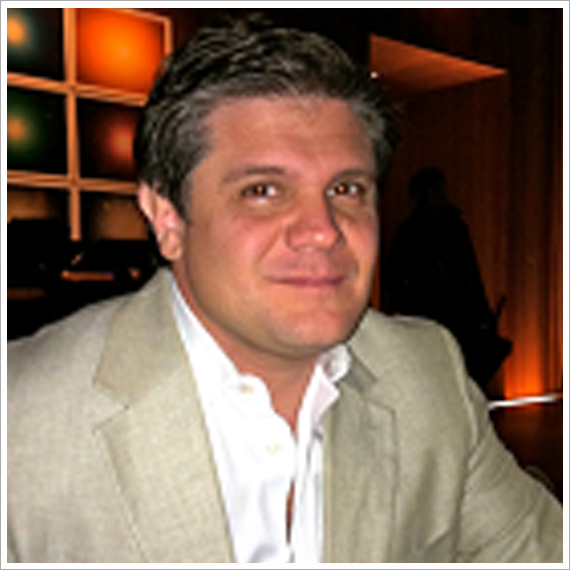
Julio Aguirre-Ghiso
Professor
- :212-241-9582
Fax:212-241-4096

Surprisingly cancer patients presumed cured can carry non-proliferating ‘dormant’ disseminated tumor cells (DTCs) for years before they activate to form incurable metastasis. I focused on understanding the biology of dormant DTCs to target them and prevent relapse. This contrasts to the vast majority of cancer research, which focuses on understanding constant cancer growth. My team led a paradigm shift that is revealing novel cancer biology. By a multidisciplinary approach integrating mechanisms of basic stress and mitogenic signaling, adult stem cell, intra-vital imaging and micro-environmental biology, we discovered that reciprocal crosstalk between DTCs and the microenvironment regulates the inter-conversion between dormancy and proliferation. A major achievement of my team was discovering that imbalance in p38α/β and ERK1/2 signaling regulates lineage commitment transcription factor (TF) networks determining dormancy induction. We also identified retinoic acid and TGF2 in the microenvironment as inducers of the high p38/ERK signaling ratio and that dormancy (quiescent phenotype) is controlled by mechanisms driving adult and embryonic stem cell biology. Translating this biology to medicine we identified a “dormancy signature” enriched in dormant DTCs from patients asymptomatic for >10 years, predicting prolonged metastasis-free periods in different cancers. Our work has propelled new questions to the forefront of cancer research, with the unexpected discovery that dormant DTCs can originate very early during cancer evolution, disseminating during pre-malignant stages of cancer. My team has also discovered that UPR signaling can promote the survival of dormant tumor cells and that macrophages are key players in the regulation of early dissemination and dormancy. My lab is part of a NCI-Tumor Microenvironment Network Center along with Einstein (J Condeelis), Univ. Of Wisconsin (P Keely) and the College of Nanoscale Sciences (J Castracane). This Center studies the role of microenvironmental stress and dormancy and the development of new technologies to image and target metastasis. My lab also collaborates with Christoph Klein’s lab (Univ. of Regensburg) and Colm Morrissey’s lab (Univ. Of Washington) to characterize dormancy in human DTCs. This translational focus is strengthened by my roles in clinical programs and as Research Leader of the Metastasis Center at Mount Sinai nd Director of Research in Hematology and Oncology and Head and Neck Cancer. We have also developed a pre-clinical and translational program in with Eli Lilly and ImClone to identify potential drugs to target dormant disease.

Professor